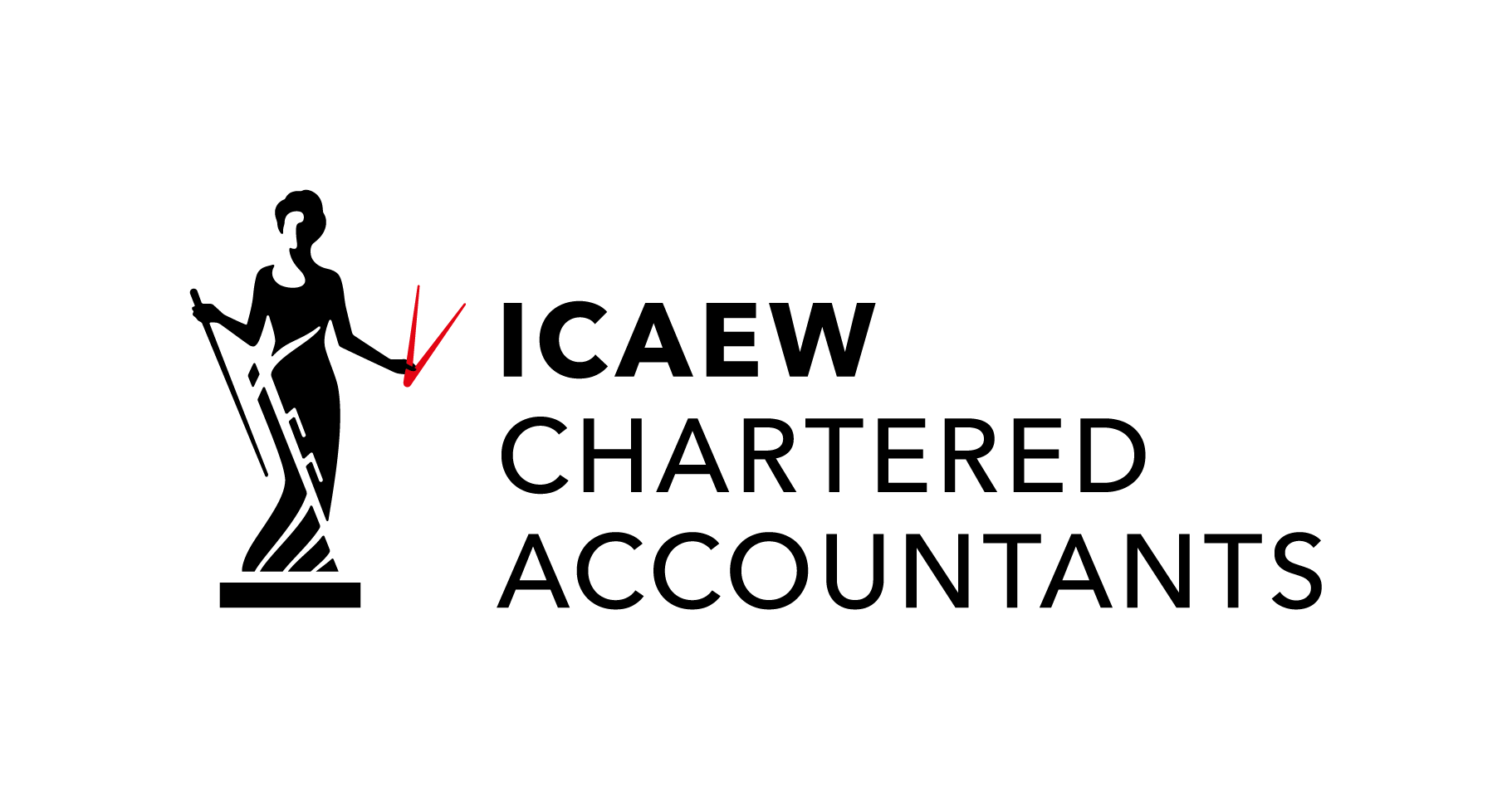
HMRC Disclosure Facilities
Voluntary Disclosure of Tax Irregularities
At Holland & Co Chartered Accountants, we provide specialist advice and representation for clients wishing to make a voluntary disclosure to HM Revenue & Customs (HMRC). If you have undeclared income, unpaid tax, or historic irregularities in your tax affairs, using one of HMRC’s disclosure facilities can help you regularise your position, minimise penalties, and avoid criminal prosecution.
Voluntary disclosure gives taxpayers the opportunity to come forward before HMRC opens an enquiry, demonstrating transparency and good faith. In most cases, this results in reduced penalties, lower interest charges, and protection from prosecution — provided that the disclosure is full, accurate, and made within the required time limits.
What Is a Voluntary Disclosure?
An HMRC voluntary disclosure is the formal process by which individuals or businesses admit to underpaid or undeclared tax. This can apply to a range of situations, including:
-
Undeclared self-employment or rental income.
-
Errors in company tax returns or VAT submissions.
-
Undisclosed offshore income or assets.
-
Omitted capital gains from property or share disposals.
-
PAYE or CIS irregularities.
-
Use of tax avoidance schemes later deemed ineffective.
HMRC operates a range of disclosure facilities, each designed to address different types of non-compliance. Choosing the correct route and preparing a complete disclosure is essential for achieving a fair outcome.
Common HMRC Disclosure Facilities
We can advise and assist you with all major HMRC disclosure routes, including:
1. The Digital Disclosure Service (DDS)
This is HMRC’s primary facility for individuals and companies wishing to disclose undeclared income or gains. It covers most UK tax types, including Income Tax, Capital Gains Tax, Corporation Tax, and VAT.
The process involves:
-
Notifying HMRC of your intent to disclose.
-
Receiving a reference number and completing your disclosure within 90 days.
-
Submitting a full calculation of tax, interest, and penalties due.
-
Making payment or arranging a time-to-pay agreement.
We assist with every step — from registration to final submission — ensuring your disclosure is accurate, complete, and presented professionally to HMRC.
2. Let Property Campaign (LPC)
For landlords who have failed to declare rental income, HMRC’s Let Property Campaign provides an opportunity to bring tax affairs up to date. This facility typically results in lower penalties than if HMRC identifies the irregularity first.
We help landlords:
-
Review rental income and allowable expenses.
-
Calculate underpaid tax for up to 20 years (if applicable).
-
Prepare and submit the disclosure using HMRC’s approved format.
-
Negotiate affordable payment arrangements where needed.
3. Worldwide Disclosure Facility (WDF)
For taxpayers with offshore income, gains, or assets, the Worldwide Disclosure Facility provides a mechanism to declare foreign bank accounts, trusts, or investments that have not been properly reported.
Given the global exchange of financial information under the Common Reporting Standard (CRS), offshore non-disclosure now carries severe penalties. Our team can help you regularise your offshore affairs quickly and protect against further investigation.
4. Contractual Disclosure Facility (CDF) under Code of Practice 9 (COP9)
Where HMRC suspects deliberate tax fraud or evasion, it may issue a COP9 letter, offering access to the Contractual Disclosure Facility (CDF). This facility provides immunity from prosecution in exchange for a full and honest disclosure.
If you receive a COP9 letter, immediate professional advice is essential. Our team has extensive experience handling these high-level investigations, guiding clients through every stage of the CDF process with discretion and care.
Why Make a Voluntary Disclosure?
Disclosing undeclared tax before HMRC approaches you can significantly reduce both financial and legal consequences. Benefits include:
-
Reduced penalties (often as low as 0–30% of the tax due, compared to up to 100% or more if discovered).
-
Avoidance of criminal investigation where full disclosure is made.
-
Faster resolution and closure of tax years under review.
-
Protection of reputation and business continuity.
-
Peace of mind, knowing your tax affairs are fully regularised.
Failure to disclose voluntarily can lead to severe outcomes — including higher penalties, public naming under HMRC’s “deliberate defaulters” regime, and potential prosecution.
How Holland & Co Can Help
Our tax specialists provide comprehensive support throughout the disclosure process. We will:
-
Conduct a confidential review of your tax position.
-
Identify the most appropriate disclosure facility for your situation.
-
Prepare and calculate all underpaid tax, interest, and penalties.
-
Draft and submit a full disclosure report to HMRC.
-
Negotiate with HMRC to achieve the lowest possible settlement.
-
Provide ongoing compliance advice to prevent future issues.
We act discreetly and professionally, protecting your interests at all times. With over 39 years of experience advising individuals and businesses across the North West and beyond, we are trusted specialists in tax investigations and disclosure management.
Taking Control of Your Tax Position
If you believe there are irregularities in your tax affairs — whether unintentional or deliberate — it’s far better to make a disclosure before HMRC contacts you. The sooner you act, the greater your opportunity to control the process and achieve a favourable outcome.
Contact us today for a confidential consultation about HMRC Disclosure Facilities.
Our expert tax investigation team at Holland & Co Chartered Accountants will review your circumstances, guide you through the disclosure process, and ensure your tax affairs are brought fully up to date — with minimal stress, penalty, and disruption.
